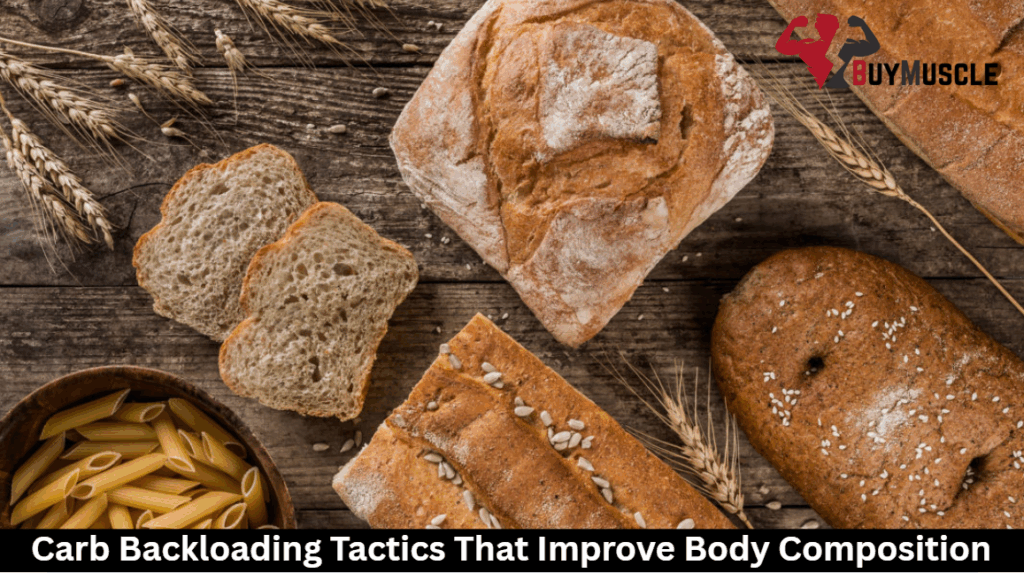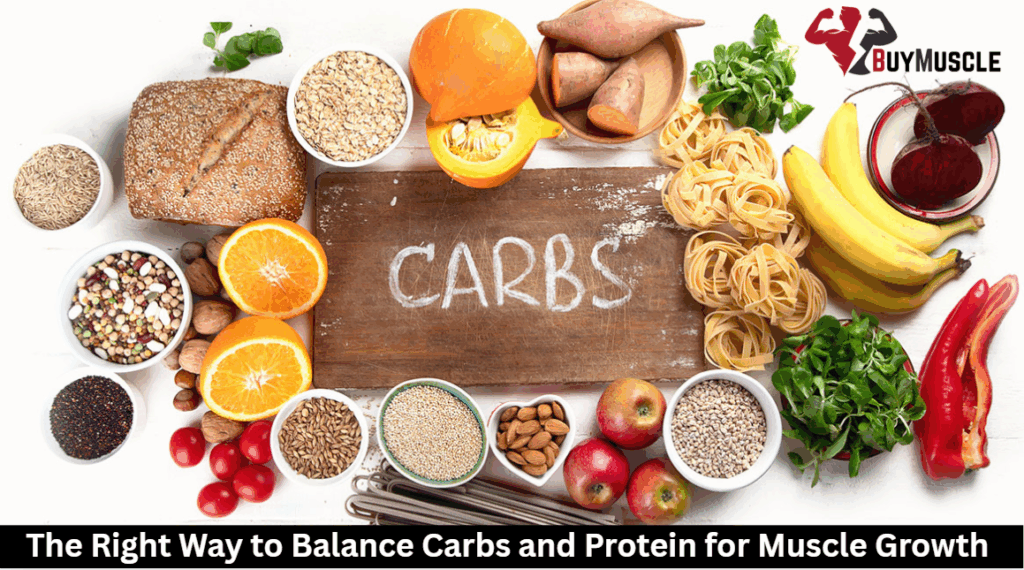Carb Backloading Tactics That Improve Body Composition
Carb backloading takes advantage of the way your body naturally reacts to insulin by eating most of your carbs in the evening after you work out, when insulin resistance is lower, instead of in the morning. Plan your workouts so that you use up muscle glycogen by doing compound movements at a high intensity. Then, […]
Carb Backloading Tactics That Improve Body Composition Read More »







